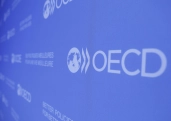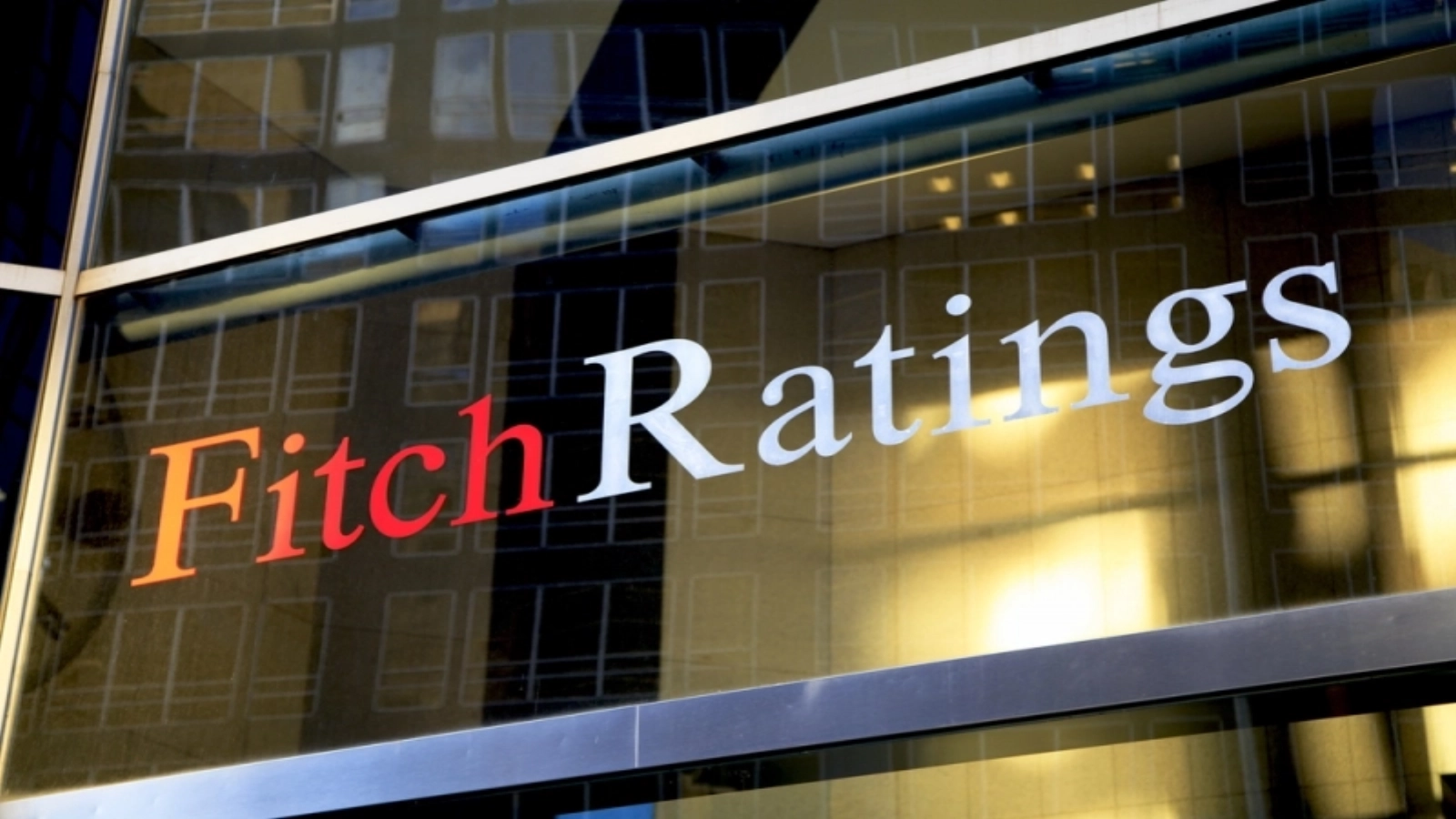Fitch Ratings on Friday affirmed Romania's Long-Term Foreign-Currency Issuer Default Rating (IDR) at 'BBB-' with a Stable Outlook, the agency reported on Friday.
"Romania's 'BBB-' rating is supported by EU membership and related capital inflows that support income convergence, external finances, and macro stability. GDP per capita, governance and human development indicators are above 'BBB' category peers. These are balanced against large twin budget and current account deficits (CAD) relative to peers, a weak record of fiscal consolidation, high budget rigidities, and a fairly high net external debtor position."
The budget deficit (ESA terms) in 2023 is estimated at 6.1% of GDP, practically unchanged since 2022 and well above the initial government target of 4.4% of GDP. Fitch revised up the deficit path over the medium term in light of the less favourable starting position and the significant legislated pension increases in January and September 2024 with an estimated impact of 1.8% of GDP fiscal easing in 2025.
Fitch projects general government deficits of 6% of GDP in 2024 and 6.4% in 2025.
"We expect meaningful fiscal consolidation over the medium term, helped by the re-introduction of EU fiscal rules, although there are significant downside risks, given current uncertainties around post-election fiscal plans and recent fiscal slippage has negatively affected policy credibility. "
Fitch forecasts 3% growth in 2024 and 2025, as the growth momentum of the Romanian economy slowed in 2023 similar to the pattern in most EU members. The annual average GDP was 2% in 2023 according to preliminary data. "The large inflows of EU funds, including the cohesion funds from the new multiannual (2021-2027) financial framework and the recovery and resilience funds, will remain key drivers of growth and investment over the medium term. Beyond the direct demand stimulus, EU funds should also improve the growth potential of the economy, accelerating the catch-up towards the EU level."
Fitch says that failure to consolidate the fiscal accounts over the medium, leading to a significant increase in the public debt to GDP ratio, is a factor that could, individually or collectively, lead to negative rating action/downgrade, whereas sustained reduction of the budget deficit that supports a firm decline in public debt/GDP over the medium term is a factor that could, individually or collectively, lead to positive rating action/upgrade.
Fitch affirms Romania at 'BBB-'; outlook stable
Articole Similare

10
In healthcare system, savings are made in other areas, not at salaries of medical personnel (health minister)
10

8
Ambassador Chirila: As long as ideal of union is alive in Moldova, Romania has a moral obligation to support us
8

7
Romania lost over EUR 500 million in tax revenues to cigarette smuggling in 2025 - estimates
7

7
"Alexandru Ioan Cuza" University of Iasi opens modern library for Letters and History students
7

15
Bucharest Court of Appeal rejects Turkish authorities' request to extradite mobster linked to Istanbul attacks
15

7
Ilie Bolojan is to take over interim position of Minister of Education
7

7
Romanian Foreign Affairs Ministry says Parliament must ratify EU-Mercosur Agreement
7

7
Romanian Senate President Mircea Abrudean pays official visit to Poland
7

5
Romania receives formal OECD approval for meeting environmental requirements
5

15
PM Bolojan discusses expansion of destination network with Wizz Air representatives
15

14
COSR president Covaliu: EYOF Brasov 2027 - a strategic investment in the future of Romanian sport
14

9
Defense Minister Miruta, Turkish ambassador discuss bilateral defense cooperation with an emphasis on joint participation in multinational exercises and activities
9

3
No significant change in Danube water quality following fertilizer barge accidents (ANAR)
3



















Comentează